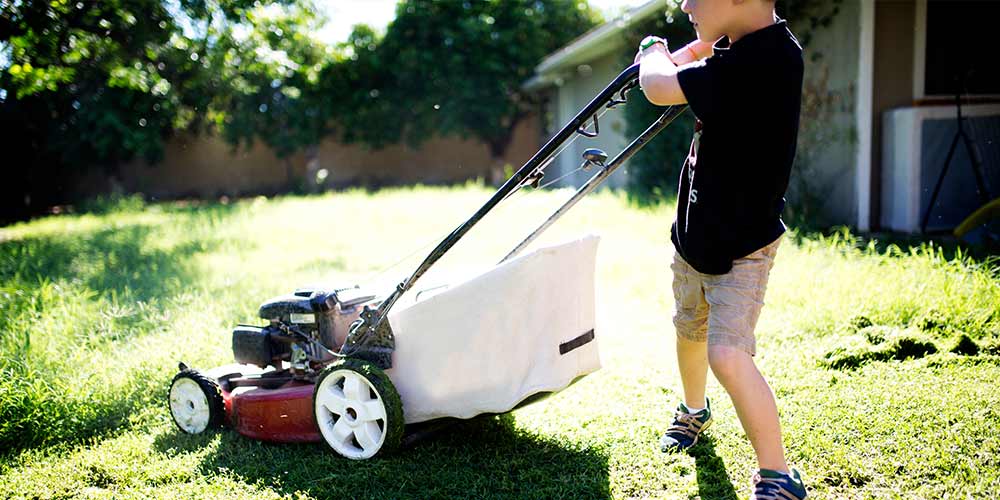Struggling to get your kids to do their household chores well? One of the keys to being successful in your career is asking yourself what excellence in your job looks like. It’s the same with our kids and their chores. When they are asked to mow the lawn or rake the leaves, they should have an idea of what a great job at that looks like, and aim at doing it well.
In fact, they should strive to go above and beyond expectations. If they approach life with this philosophy, they can’t help but to succeed. But how do we teach them that? Here are 10 ways to teach them. Also, check out this chore chart so you can teach your children to keep track of their chores.
1. Be the example
Chores are things that must be done to run your household efficiently. However, if they were fun, they would be named as such. The word “chore” is usually associated with the word “burden.” The goal is to turn that frown upside-down. Let your children see you smiling and joking as you go about your household duties. Your kids want to be like you, so set the tone for the work to be done.
2. Dangle the carrot
Almost always, your child is going to want to be doing something else other than his chores. Talk to him and find out what he has planned and use it to motivate him to get his work done. “If you get the grass cut now son, I’ll drive you over to your friend’s house to play basketball.” Keep him focused on the end game.
3. Allowance
Money talks. Loudly. Set a weekly allowance and assign the chores required to receive it. It is wise to create a penalty for when work is not done as well. Dangling the carrot also works well – “If you want that new skateboard you better start saving your allowance.”
4. Compete
Everybody loves a challenge. Chores can become fun when turned into a game. “I bet I can wash these dishes faster than you can fold the laundry!” Suddenly work is being done at a rapid-fire pace, and yet all involved are smiling.
5. Teach proper methods
Asking a child to mow the grass without ever having taught him how will lead to frustration for all involved. Your yard won’t be too happy either.
6.Timeframes
To reduce the likelihood of problems, assign particular times for chores to be performed. For example, before a child is allowed to watch TV, they must make their bed. This also teaches an ethic that work comes before play.
7. No jail time
Do not use chores as punishment. This will make a child associate her work with negative feelings. If you want your child to happily do her chores, never use a chore as a tool for discipline. The idea is to make her feel useful and needed, which she is!
One of the keys to being successful in your career is asking yourself what excellence in your job looks like.8. Job = Skill level
To avoid frustration, be sure to consider the abilities of your child when assigning her tasks. For instance, you probably do not want your 4-year-old loading a washing machine. However, just picking up toys is probably too light for a teenager. Do not expect too much from your child and do not expect too little either.
9. Organization
As with most things, the best way to succeed is to first get organized. Lack of preparedness and mixed signals only creates confusion. State the tasks and goals clearly, and provide the needed equipment and supplies to properly get them done. A child can hardly rake the leaves if he does not have a good rake, trash bags, ties, and a wheelbarrow to cart them to the street. Plan your strategy ahead as any good leader would do.
10. Follow through
To run a smooth household it’s important to always follow through with the structure you have set up. Assign the tasks, create the rewards as well as penalties, and stick to it without fail. If your children sense a weakness in your game, they will surely exploit it.










